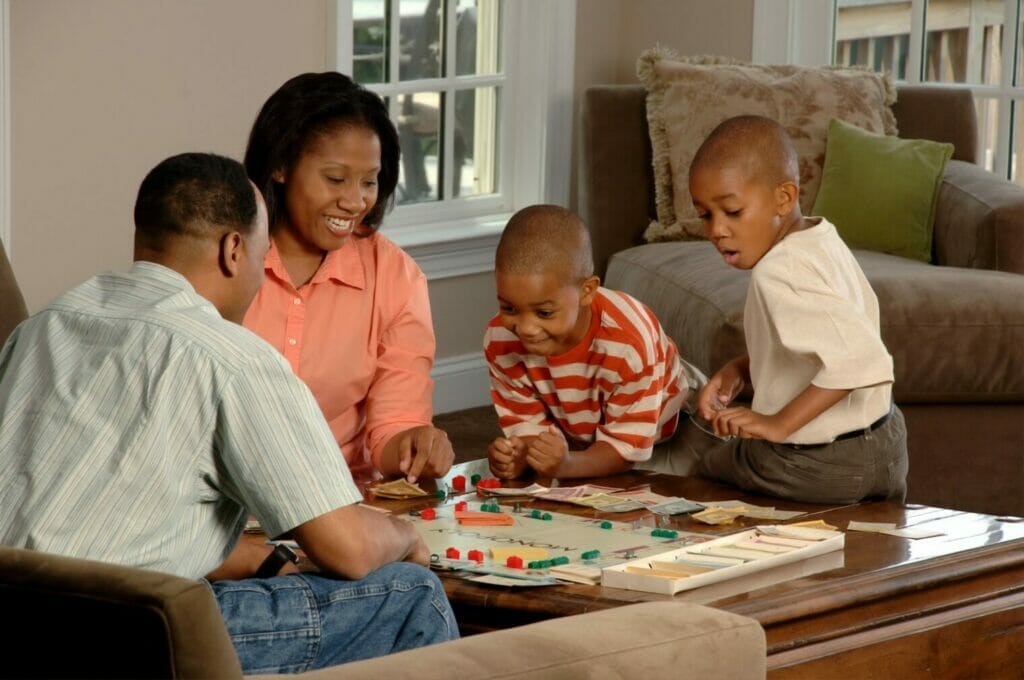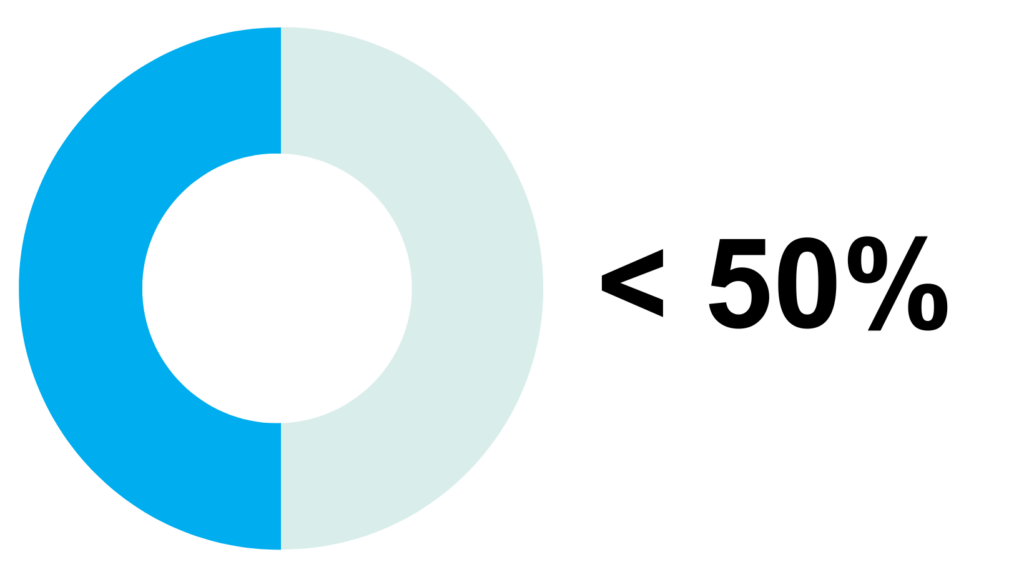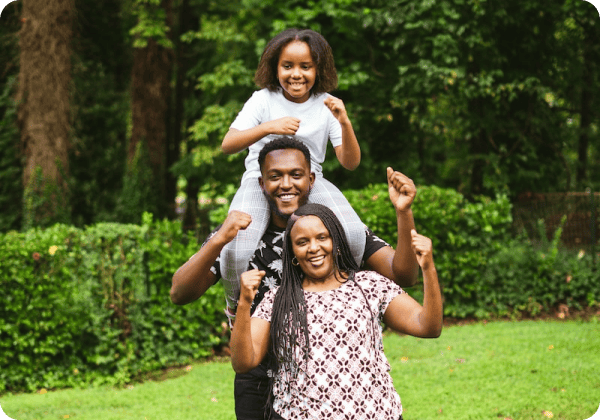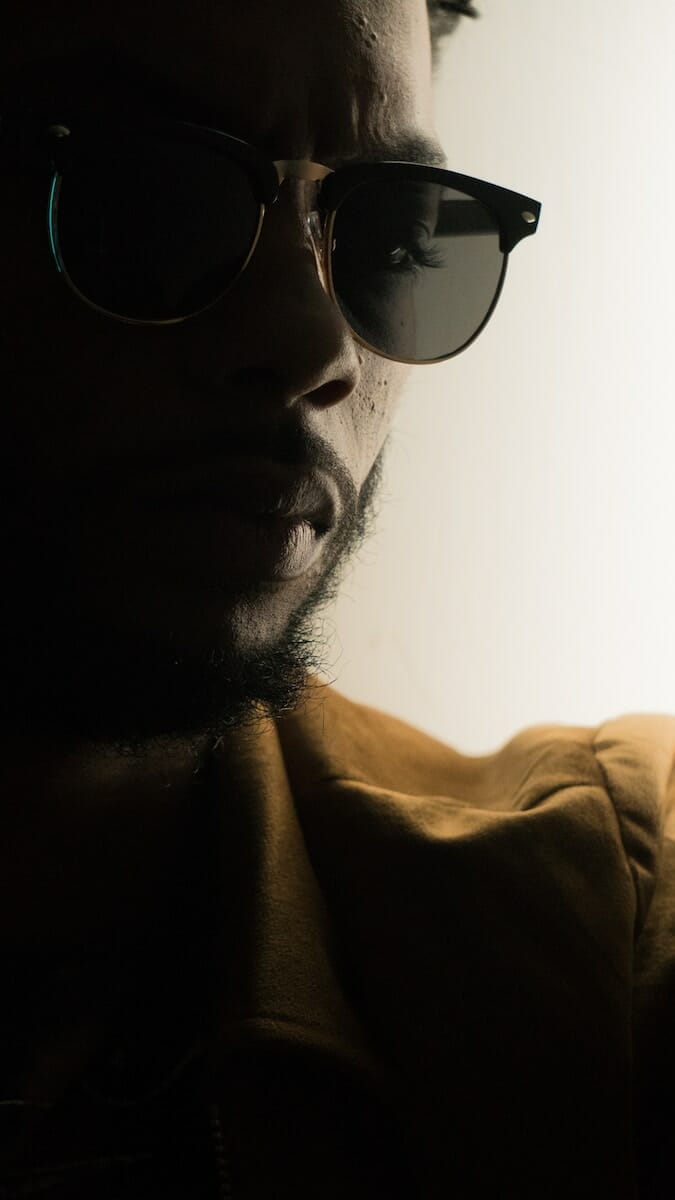Black Wellness
There are barriers for many people to get mental health help, but each are unique difficulties that require specialized solving. What are the barrier that prevent Blacks from getting help?


Limited Access To Treatment
Less than half of all Black Americans with a mental disorder get the treatment that they need.
Burdens of Single Motherhood

30% of Black families led by single mothers compared to 9% of white families
More Likely to Consider Suicide

Suicide is the third leading cause of death among African Americans ages 15 to 24.
What are the roadblocks🚧 for Black Communities?
Financial Cost
Mental health services can be expensive, and the wait for actual results is long. For many African Americans, mental health help is too costly to afford.
Lack of Representation In Providers
The lack of Black Mental Health Support and brown therapists hinders many African Americans from seeking treatment, as many do not believe that a white therapist will understand their situation. But many people, not just blacks, feel more comfortable around others of the same ethnicity, trusting that they share similar experiences.
Consistency In Making Time For Services
For every community, time is a significant barrier. However, Black Americans have the highest rate of single-parent households among all ethnicities. As a result, finding extra time to seek clinical help is difficult when you are busy with work, parenting, and your own mental-emotional health. Growing up, Black children can sometimes lack the mental and emotional support they need.


< 2% of psychologists are black
Historical institutional Mistrust
Mistreatment, experimentation, and discrimination in the healthcare system that can make black people wary of seeking behavioral or mental health services. Many black Americans living in urban or low-income areas have unresolved childhood traumas that go on unchecked for years or even a lifetime. Mental Illness can present as aggression, mood swings, paranoia, and PTSD. Many black children are observed to have hyper behaviors when they are actually under or undiagnosed for learning differences or mood disorders.
The belief that seeking mental health help is something to be ashamed of or that it reflects poorly on one’s family or community.
What Black AMericans Are doing to heal
All humans have mental health needs, but many minority races, like African Americans, have unique circumstances not taken into consideration before. Recently however, many brave souls have been stepping out, to talk about their mental health needs to raise social emotional awareness.

Addressing the Needs of the Population
The whole-person well-being of black men, women, and children has gained mainstream attention following events in recent years. As a result, black men and women have begun to engage more in emotional wellness discussions virtually or in person without feeling ostracized. You can shape the narrative by talking openly about emotional wellness.

Help Communities Embrace Help
When Black people need behavioral healthcare, seeking social support from friends and family can help them cope with stress. In 2023, there has been a reduction in stigmas and increased use of emotional wellness tools. Remember, to maintain long-lasting mental and emotional balance, these self-care activities like community get-togethers, dances, celebrations, and other healthy activities are great ways to heal together.

